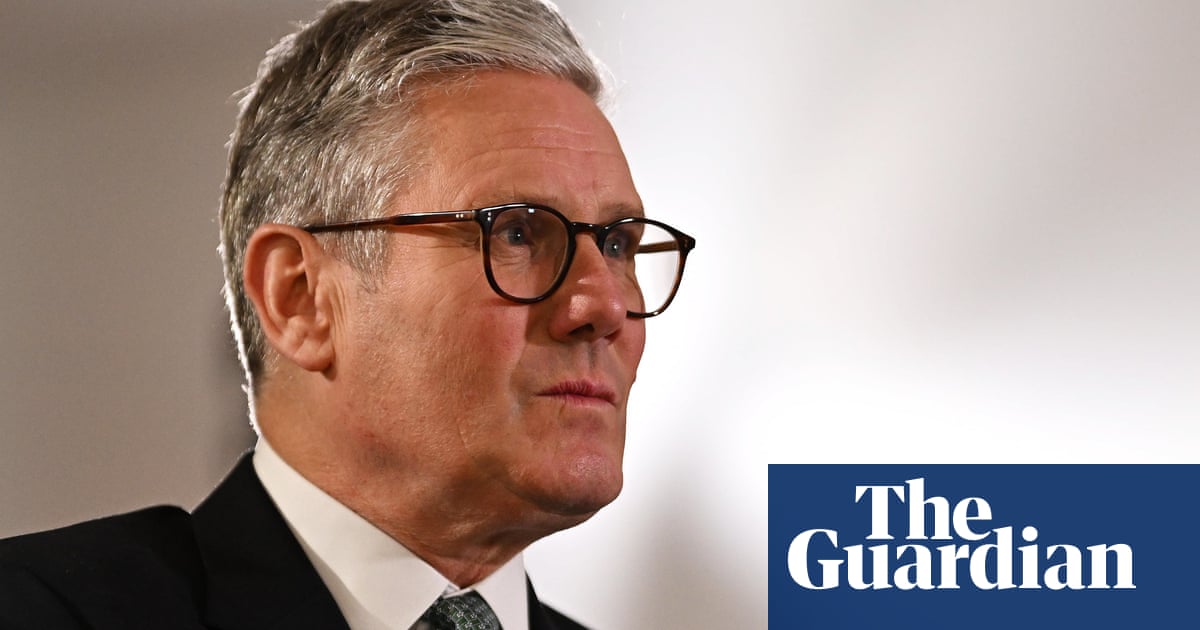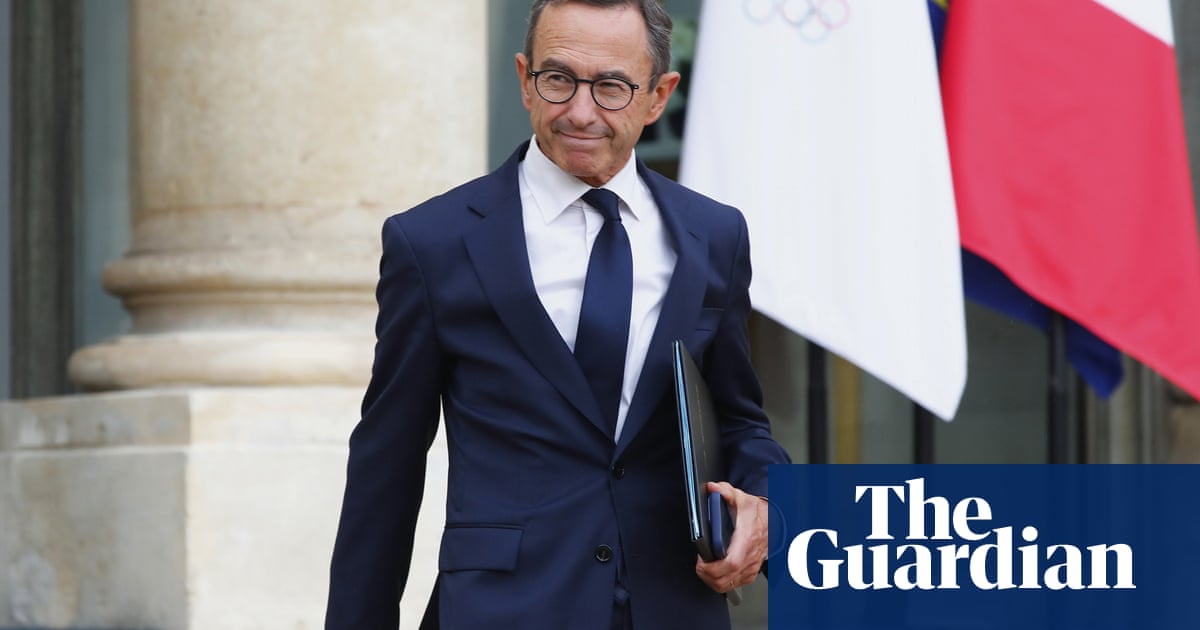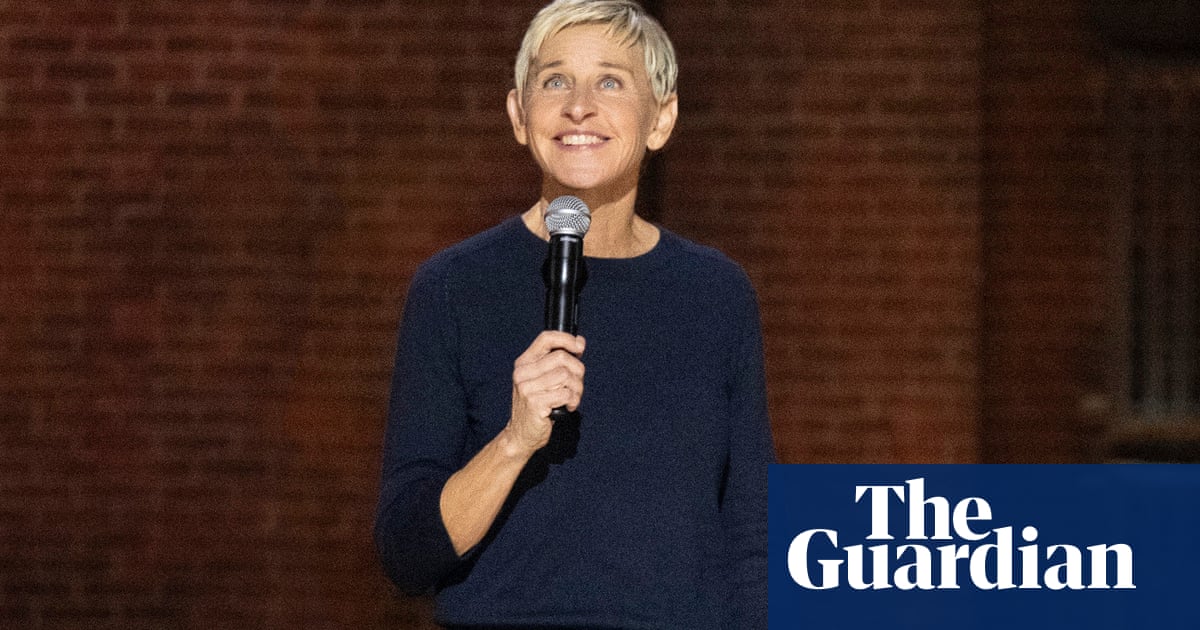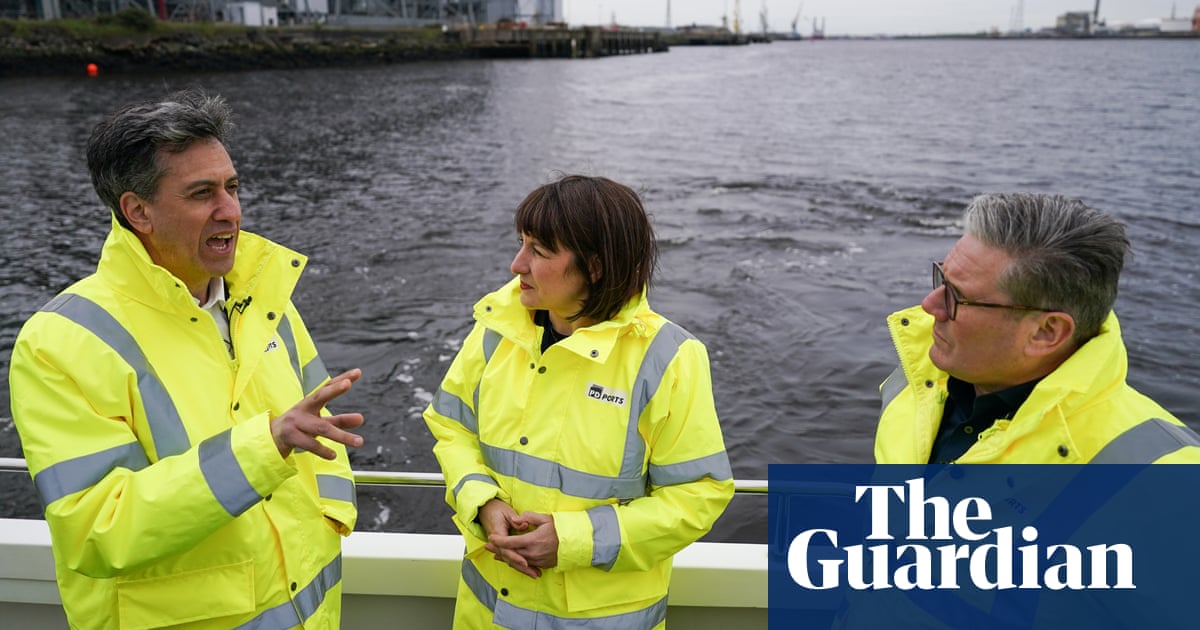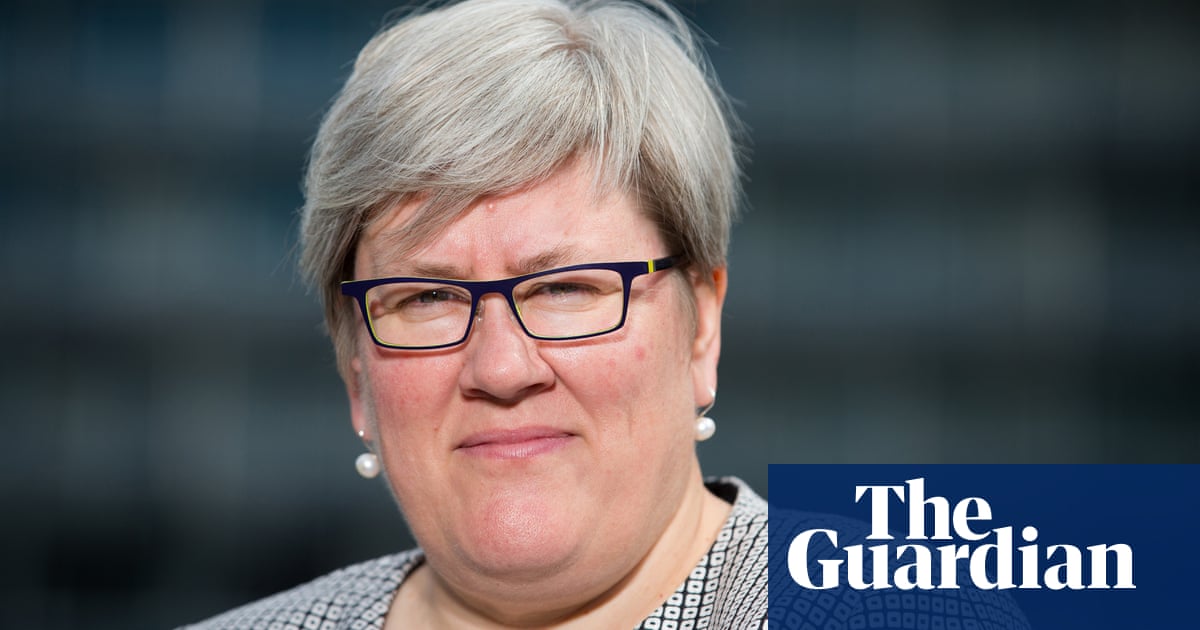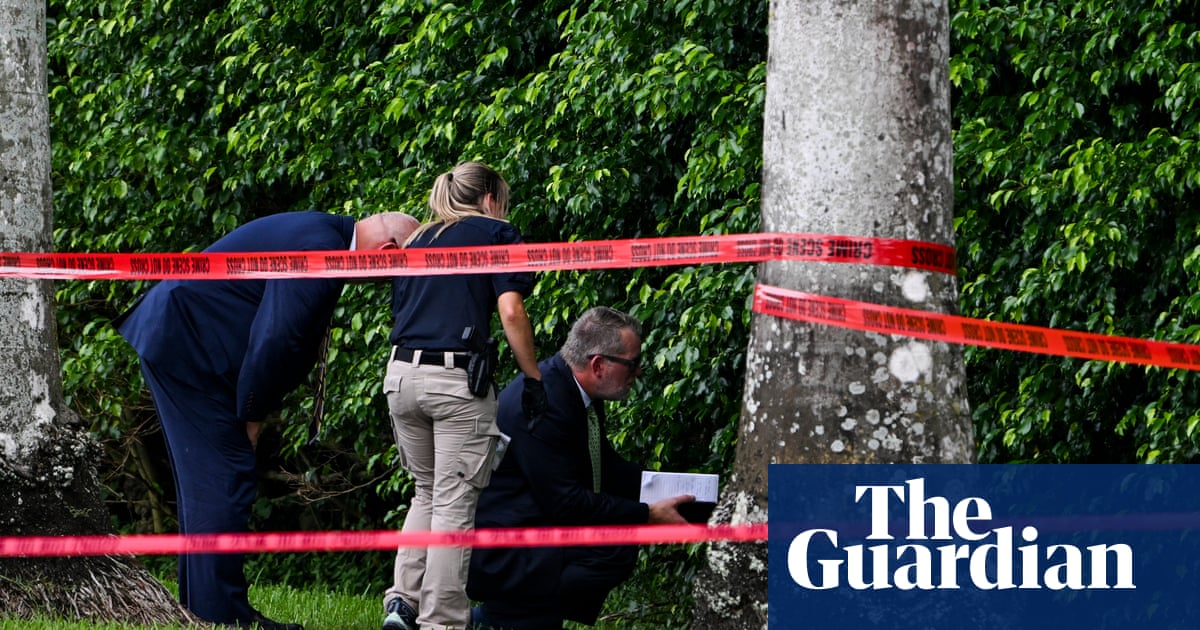Keir Starmer has defended borrowing an £18m penthouse flat from the Labour donor Waheed Alli during the election, saying he took the offer so that his son would have a place to study for his GCSEs without having to walk past journalists and protesters outside their family home.
The prime minister brought up the âhumanâ reason for having moved his family out of his Kentish Town house in north London, saying no cash changed hands as a result of the move.
He was pressed, while attending the UN general assembly in New York, on public opposition to him taking more than £100,000 of freebies in the form of tickets, clothes and accommodation.
Asked by Sky News whether his reputation had been undermined, Starmer talked about why he moved to the flat in Covent Garden, central London, belonging to Lord Alli, a media businessman and Labour peer.
âWe had a situation where the election was called. Not what we expected … My son happened to be in the middle of his GCSEs. That means there are a lot of journalists outside the front door and in the street. Iâm not complaining about that. But if youâre 13, as my girl is, if youâre 16, as my boy is, thatâs quite hard to navigate when youâre concentrating on GCSEs.â
He added: âSo I said, weâre going to get you out of here and get you somewhere where you can just study and get to school and back without having to go through all of that. And thatâs when someone said, well, in which case I can make this flat available to you. Itâs safe, secure. He can get on with the job. No money exchanged hands ⦠And I wasnât going to let my son fail or not do well in his GCSEs because of journalists outside the front door. We also, as you know, had protesters outside the front door.â
He said he had found it âworryingâ to have protesters outside and that he had promised his wife and children he would protect them. In relation to free tickets for football matches, he said it was âsimply a gift from Arsenalâ as it was no longer safe for him to be in the stands without very expensive security.
Pressed on whether he was in a position of privilege as a politician, when many people might want a private place to help their children revise for GCSEs away from their home environment, Starmer said: âI think thatâs fair and why the rules are there to declare it ⦠If youâre putting to me that I should have stayed in my Kentish Town home and disrupted my sonâs GCSEs, that that was the right thing to do, then I think you should put that to me.â
He added that âany parent would have made the same decisionâ and that he could not give any better explanation. Starmer also brought up that Sky held parties costing thousands of pounds every year to which politicians were invited.
Asked whether Taylor Swift concert tickets were a âwork eventâ, he said it was a âjudgment call for each MPâ and declined to answer whether he would look at changing the rules.
He stressed that in relation to clothing, he would not be accepting any more gifts, after Alli gave £16,000 for outfits and £2,400 for glasses, as well as £20,000-worth of accommodation during the election campaign.
after newsletter promotion
Starmer also faced questions on Wednesday after the Guido Fawkes website reported that he appeared to have used Alliâs flat as a backdrop to a video he released during the Covid pandemic in late December 2021. At the time, employees had been advised to work from home if possible.
No 10 said Starmer was completely confident he had broken no rules when in Alliâs flat. The clip was recorded for work purposes and it is understood he was only using the flat as a one-off.
Research from YouGov published on Wednesday found that three-quarters of the public thought free tickets and gifts for politicians should be banned.
Its survey of almost 4,000 adults found 51% thought it was wrong for politicians to accept the donations even though it was within the rules, while 29% said it was OK to accept the donations but that the rules should not allow them.
